Duncan Jurman collects seeds from dune sunflowers, coneflowers, tickseeds, and lantana flowers and hands them out to his classmates, his neighbors, and the students he teaches.
The 17-year-old high school senior from Weston, Florida, wants people to plant these seeds and grow their own gardens. He has information on how to do so on his website.
Jurman’s goal is to transform the landscape of Florida's Broward County by turning round-up and weed-whacked suburbia into a vibrant sanctuary for butterflies at a time when insect populations are plummeting worldwide.
He’s already raised and released more than 5,000 butterflies from his garden and a vivarium he manages. He won an Eco-Hero award from the nonprofit Action for Nature for his efforts earlier this year.
Jurman believes that every flower planted is a potential home and source of food for caterpillars and butterflies, and that community gardening projects have benefits that reverberate far beyond the winged wonders that people marvel at in conservatories.
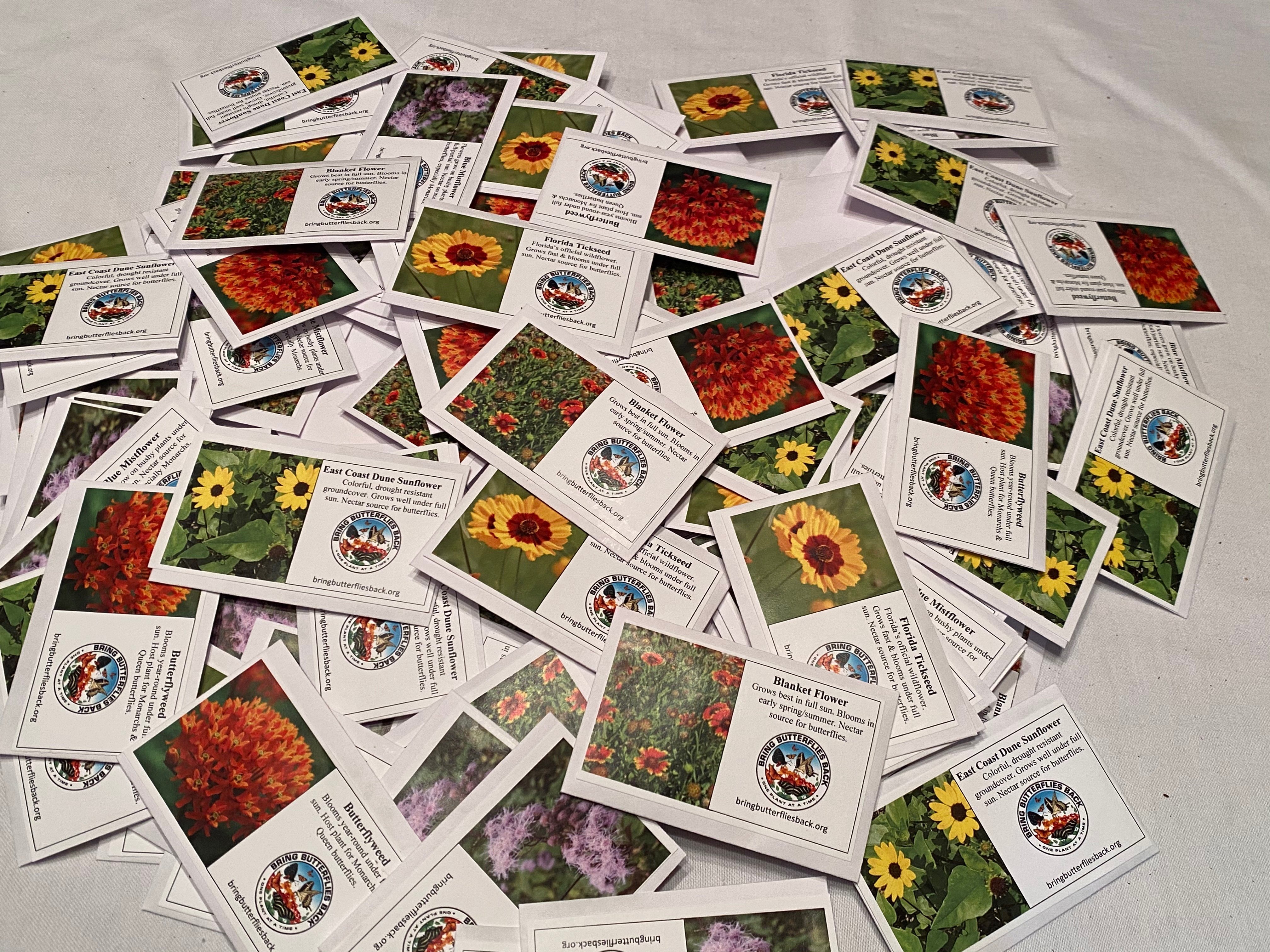
“Butterflies play a really important role in our ecosystems,” Jurman told Global Citizen. “Number one, they’re very low on the food web, so they prop up a lot of different species that rely on them, especially native bird species, lizards, and frogs.
“They’re an indicator species for the health of the environment,” he said. “Once they disappear, everything else is soon to follow.”
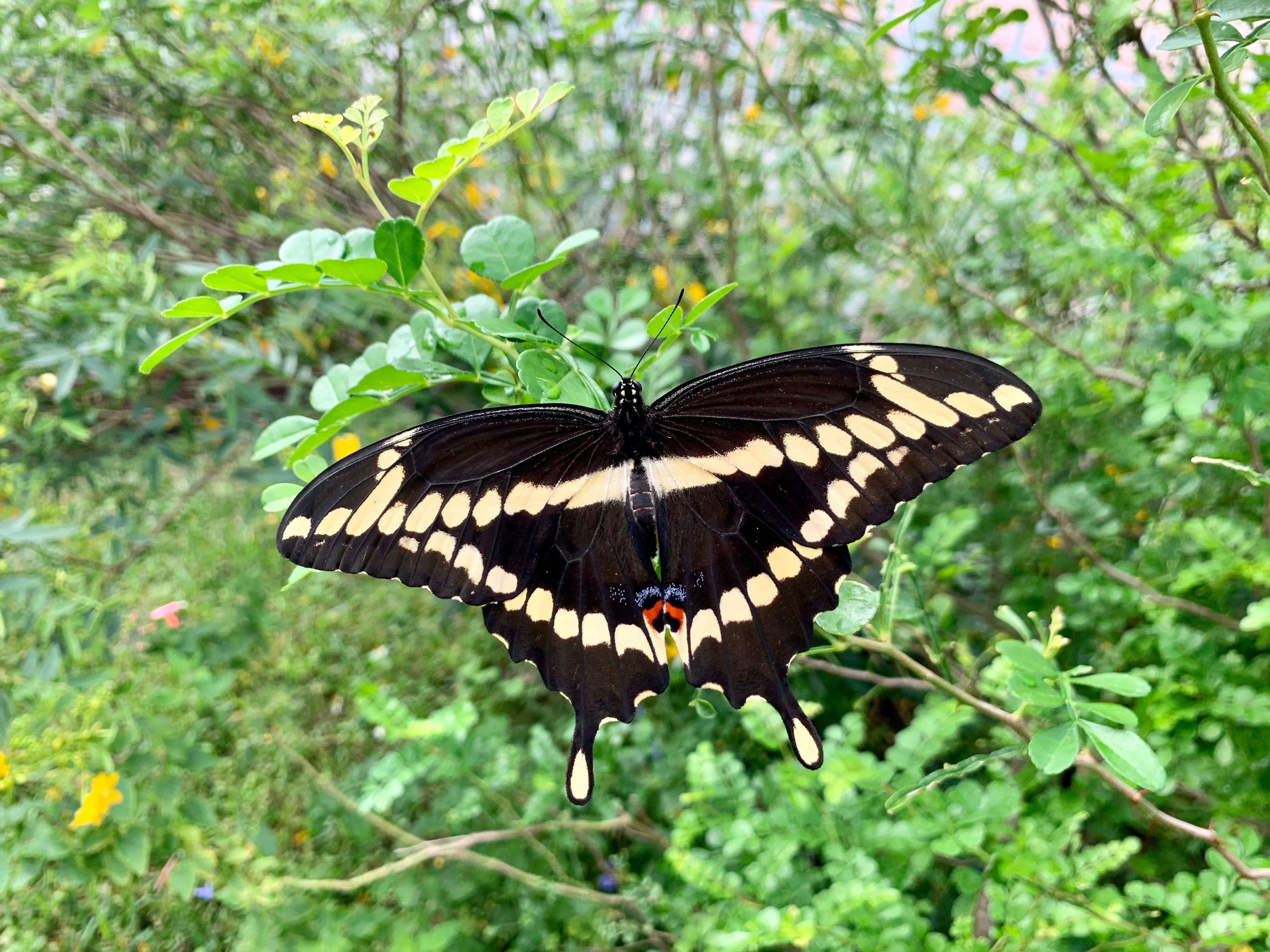
Jurman said that he became interested in butterflies when he was around 5 years old.
“When I was really little, I noticed a couple of caterpillars in my backyard,” he said. “It was the caterpillars that got me started.”
He was fascinated by the different ways that caterpillars can disguise themselves to stay safe in potentially hostile environments. From there, he started to learn more about caterpillars and butterflies, collecting facts that he shares with people on his website and in educational sessions.
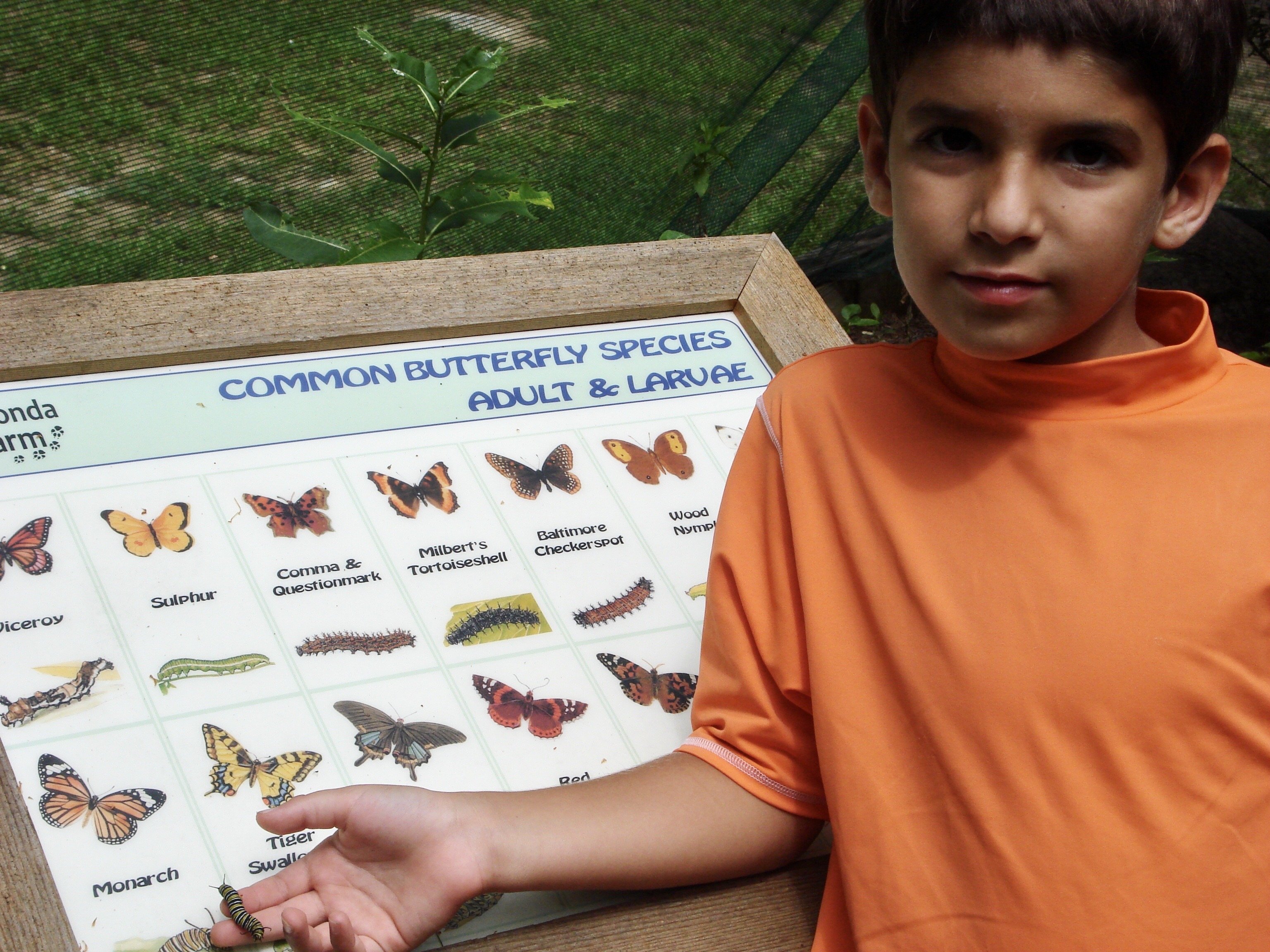
Jurman eventually developed a butterfly-friendly garden by researching the different plants that butterflies prefer.
“One of the great things about butterflies is how easy they are to help and get them to your own yard,” he said. “For monarch butterflies you just need some milkweed. That’s how I got started.”
Pipevine butterflies, unsurprisingly, like the pipevine plant, while giant swallowtails gravitate toward wild lime flowers.
Jurman learned that insects in general are facing significant threats — from habitat loss, climate change, and, most urgently, the widespread use of pesticides and herbicides.
He knew that he could protect butterflies in his own backyard. But what about in the rest of the world? Butterflies travel far distances, navigating through winds and floating in the air, searching for food and places to rest.
Protecting butterflies would mean making entire bioregions safe, creating corridors for protected insect travel, and strengthening the Endangered Species Act.
That’s how Jurman decided to become an advocate for butterflies. He launched the Bring Butterflies Back campaign to educate people about butterflies and invite them to join his cause. The website provides resources for people who are looking to learn more about butterflies, how to protect and support them, and how to join local butterfly protection chapters.
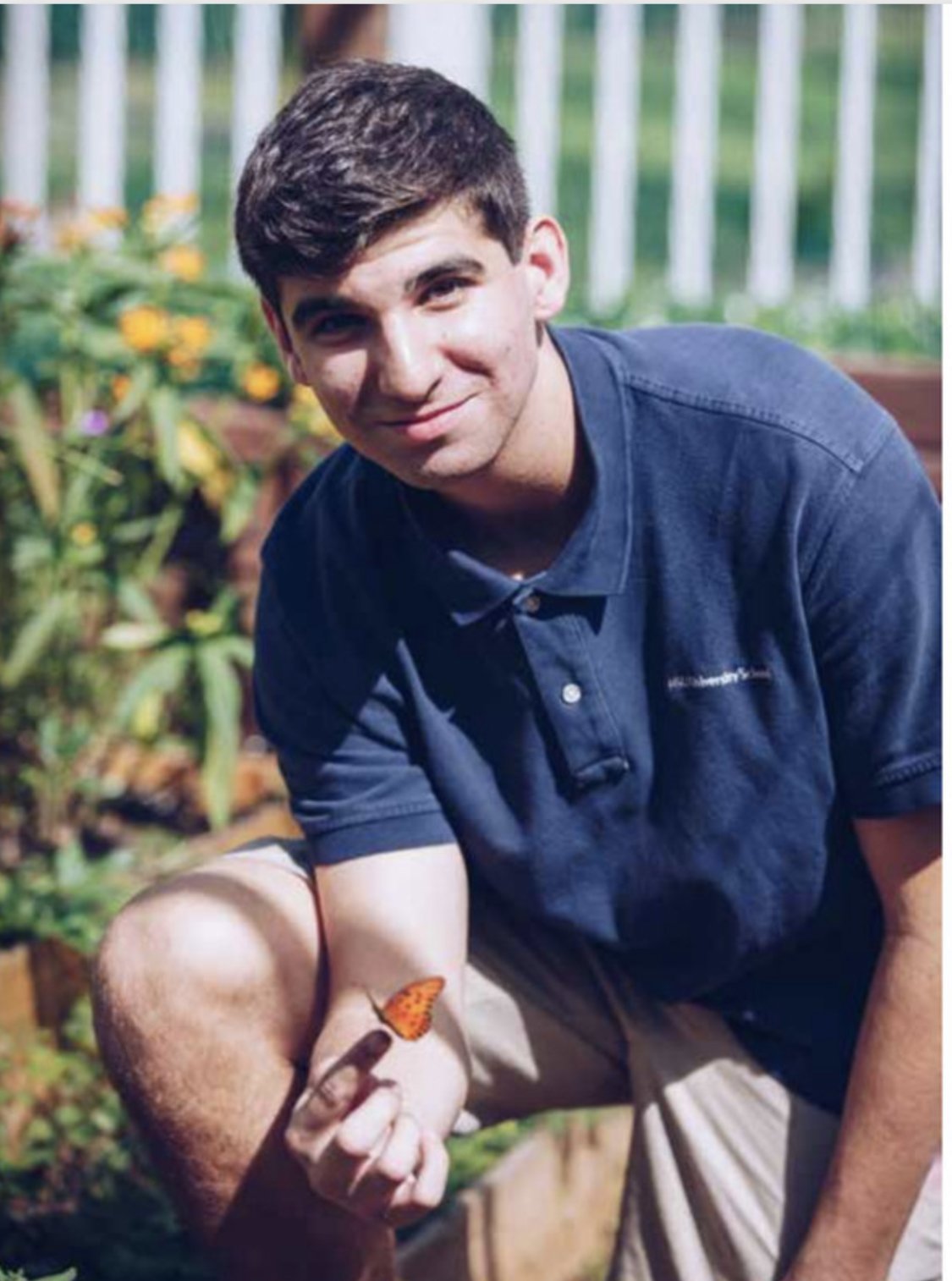
He said that a lot of people are surprised to learn that insects are declining at such an alarming rate, largely because the decline has been so gradual. This phenomenon, known as the shifting baselines theory, helps to explain why people are so reluctant to take meaningful actions to save the environment — if the changing environment always seems normal from year-to-year, then why the fuss to take action?
“People say, ‘How can the monarch butterfly be going extinct if I just saw one the other day?’” he said. “It’s the slow decline of butterflies that people need to be aware of and how easy it is for them to go extinct.”
Jurman travels throughout Florida to explain this and other lessons to elementary and middle school students, while also showing them how to take care of butterflies.
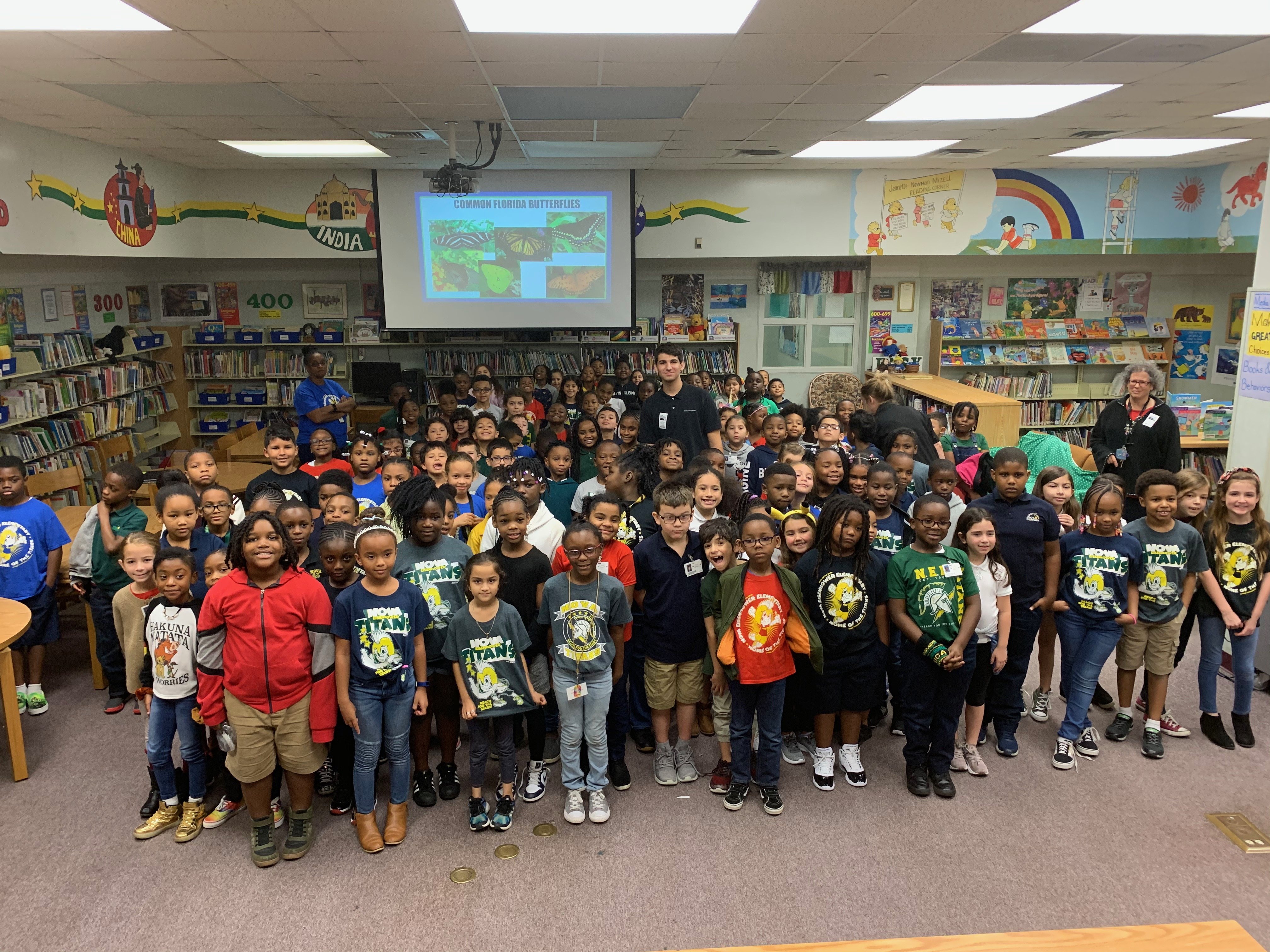
“I think I’ve had a good impact on my area in Florida,” he said. “I started with the little kids, and they came to really love butterflies and caterpillars in general. I’ve given them a lot of native plant seeds to put in containers and cups to get them to start their own plants.
“They’ve been sending me photos of their little gardens that they started,” he said.
In 2018, Jurman helped to build a vivarium and butterfly garden at his high school that earned him Broward County’s 2019 Emerald Award for sustainability. On any given day, you can see around 50 different butterflies flying throughout the gardens, he said. The vivarium has had a regenerative effect on the surrounding environment — birds, native lizards, and other insects have returned in greater numbers, attracted by the irrigation system and abundance of plant life.
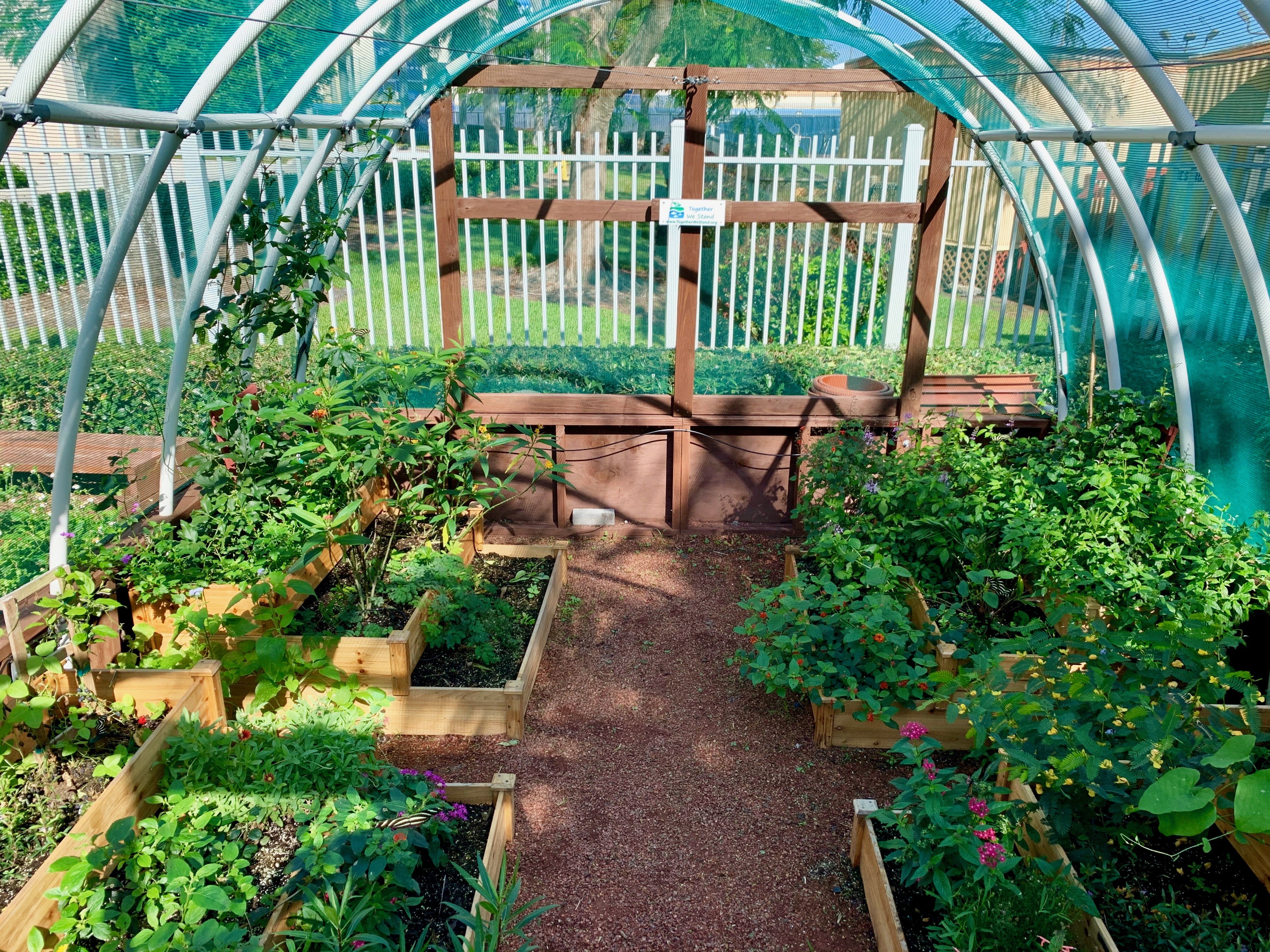
Two endangered butterfly species have even found refuge in the garden — Martial Scrub Hairstreaks and Atalas.
Like everything Jurman has done for butterflies, his garden is collaborative and communal. Other schools have been inspired to start gardens. If enough schools in Florida follow his lead, then the state’s butterfly population could rebound, reversing a decades-long decline.
“I don’t know if we can ever reach the point that we were once at with butterflies, but I think that if everyone gets involved and starts their own garden, they can make their own impact,” he said.
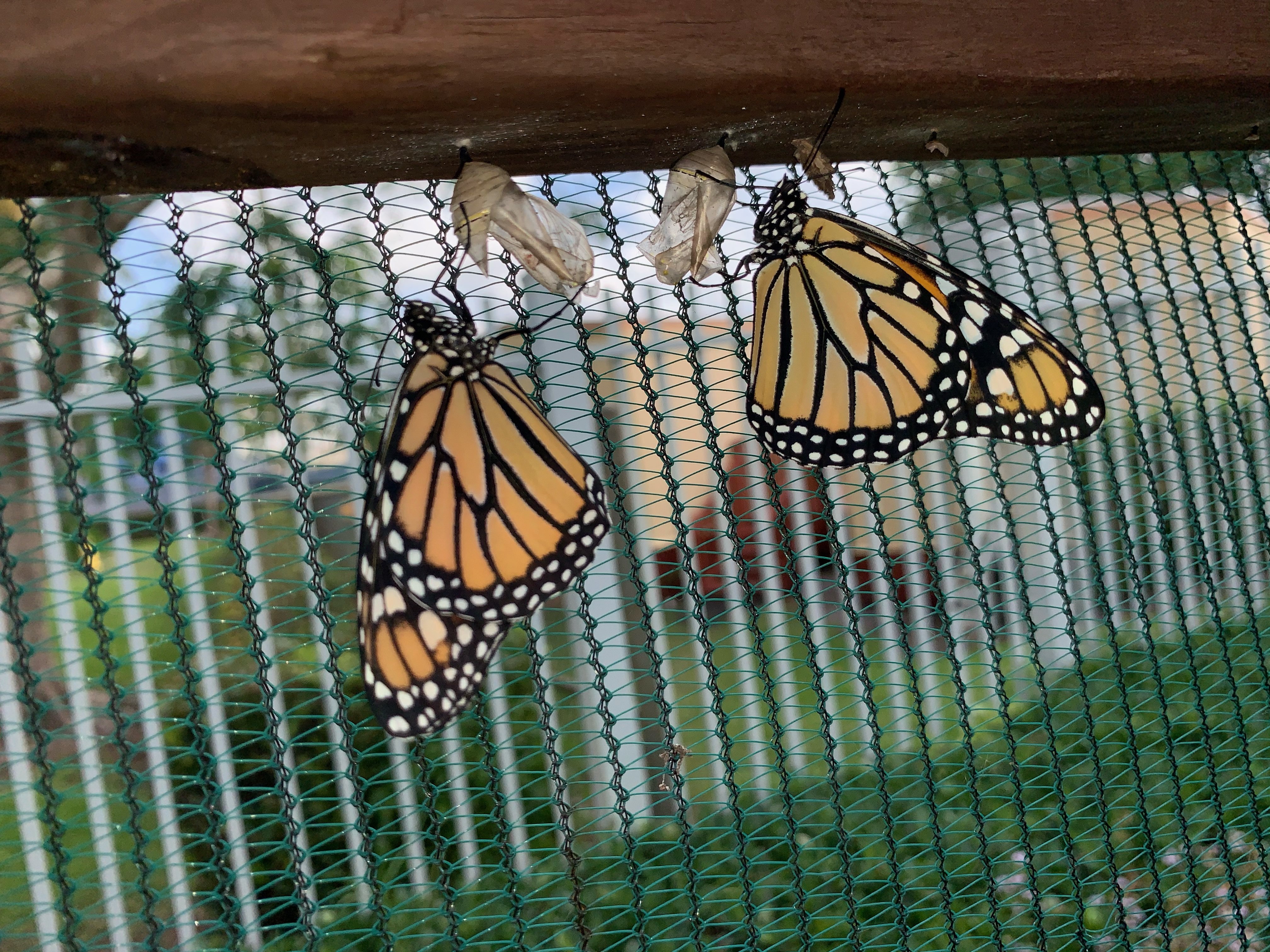
“You bring butterflies back one plant at a time," he added. "All it takes is one host plant to get butterflies to your garden."
Jurman ultimately sees butterfly conservation as a pathway to broader environmental issues like biodiversity protection, climate action, and environmental restoration.
“I really care about animals and insects in general,” he said. “I love learning about different food webs. You can learn so much about nature by starting your own garden for butterflies.”